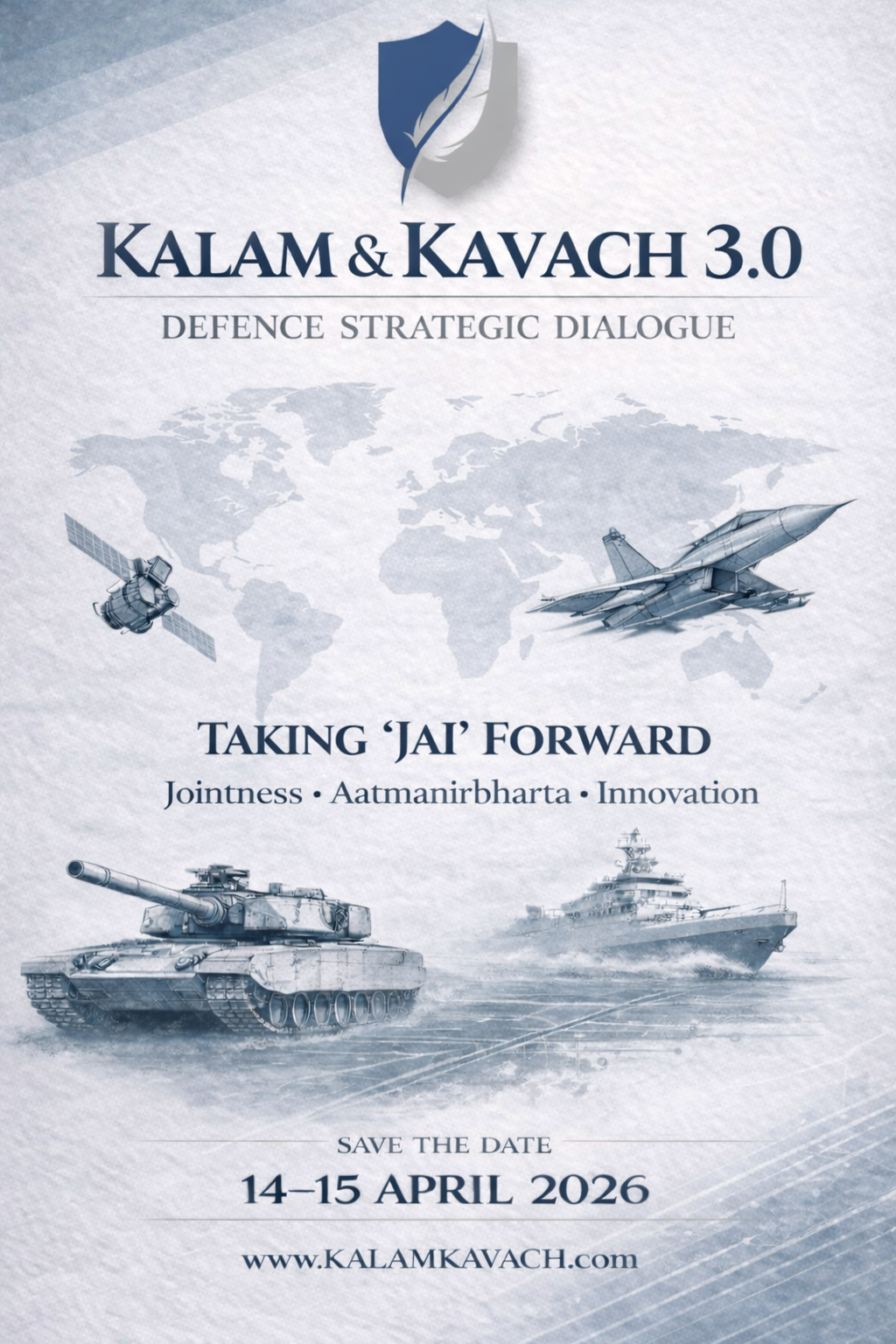Safran Acquires Syntony, Strengthens its Position in the Resilient PNT


 VIDEO
VIDEO
Gen. Naravane is Wrong on India-China Relations
Surgical Strikes in 2016 Against Pakistan Politicised the Indian Army
While Pakistan Military Prepares For Future, India Remains Focussed on an Outdated War
Fuel Fearless Journalism with Your Yearly Subscription
SUBSCRIBE NOW
We don’t tell you how to do your job…
But we put the environment in which you do your job in perspective, so that when you step out you do so with the complete picture.